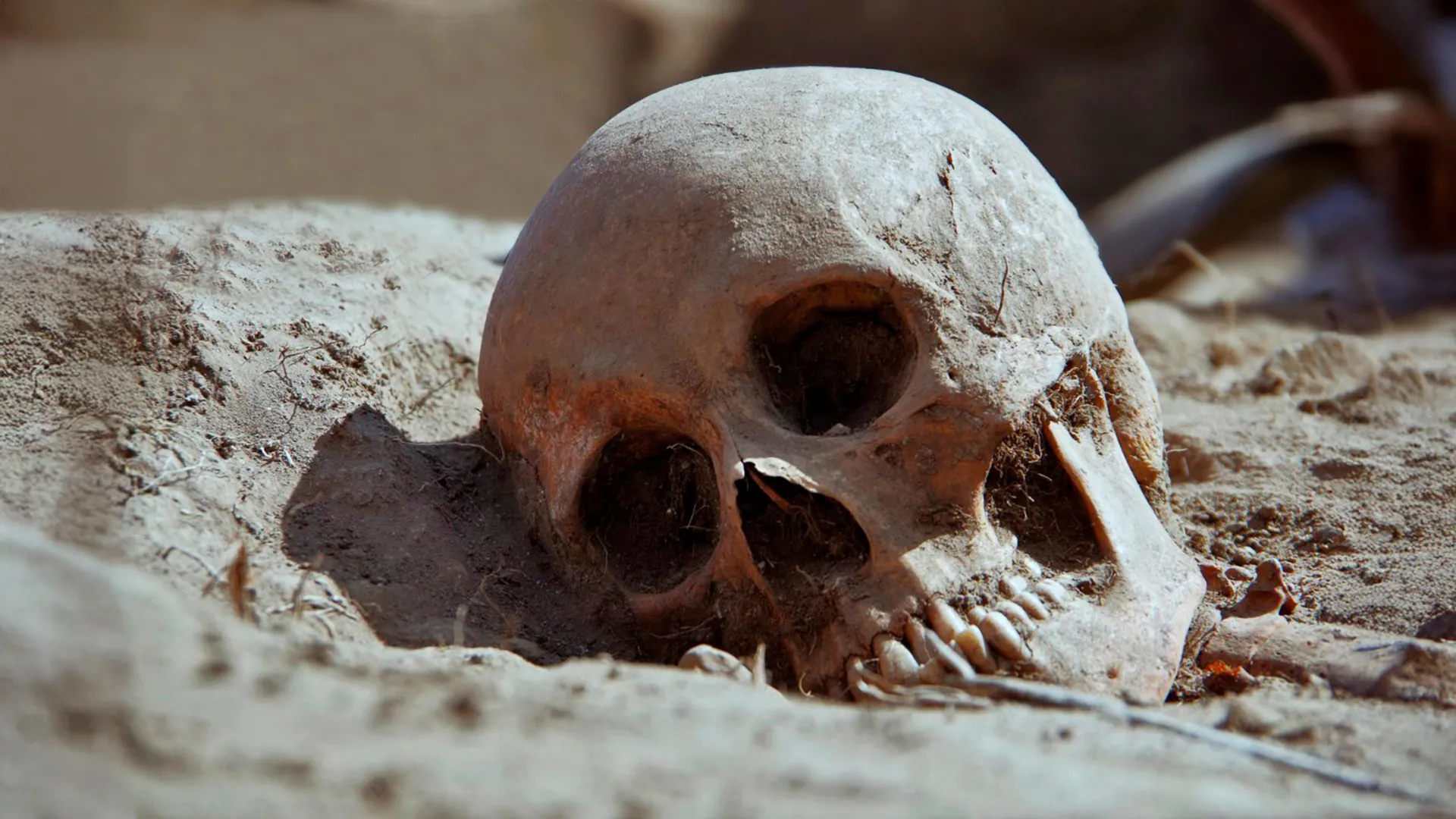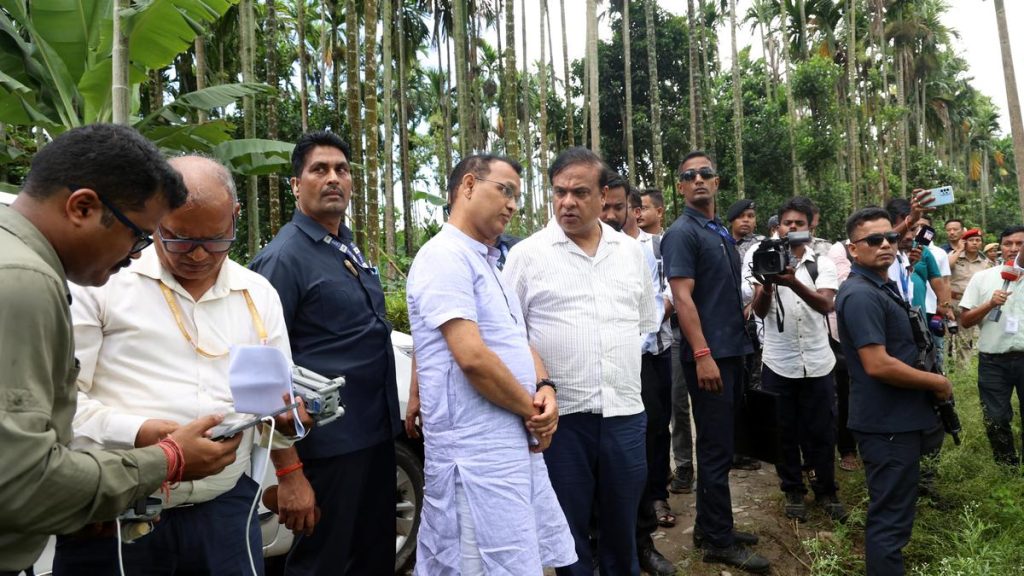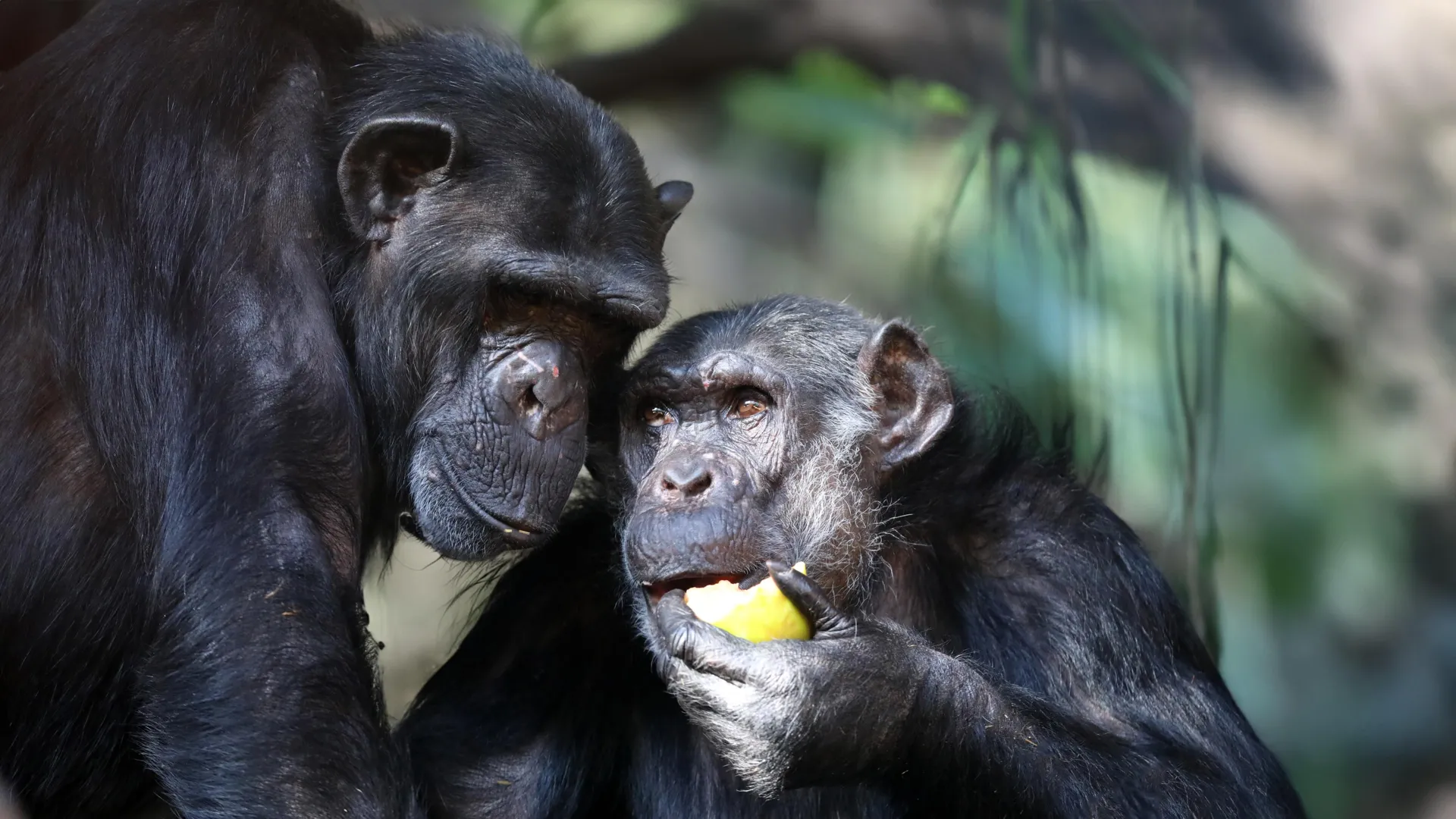Now Reading: 4,000-Year-Old Teeth Uncover Early Signs of Human Drug Use
-
01
4,000-Year-Old Teeth Uncover Early Signs of Human Drug Use
4,000-Year-Old Teeth Uncover Early Signs of Human Drug Use

Rapid Summary:
- Betel nut chewing has been practiced in Southeast Asia for millennia, with psychoactive effects including alertness and relaxation.
- Recent research analyzed ancient dental plaque from the Bronze Age site nong Ratchawat, Thailand, uncovering biomolecular evidence of betel nut use 4,000 years ago.
- Scientific methods confirmed traces of arecoline and arecaidine-psychoactive compounds found in betel nuts-in dental calculus from one individual (Burial 11) at the site.
- researchers replicated traditional betel quid chewing to validate thier findings and study biochemical processes.
- Analysis suggests repeated consumption of betel nuts by Burial 11 but raises questions about the absence of tooth staining due to possible cultural habits or post-mortem factors.
- Grave goods found with Burial 11 indicate no evidence of elevated social status but hint at personal identity or life events. Further study could provide insights into broader cultural practices in ancient Southeast Asia.
Indian Opinion Analysis:
The finding that psychoactive plant residues like those from betel nuts can be preserved for thousands of years opens intriguing opportunities for understanding ancient human behavior. India shares a cultural connection to such practices through its historical use across regions like Kerala and Assam.The Thai burial site’s findings may inspire similar investigations into India’s archaeological sites where traditional plants were extensively used medicinally or ceremonially.
While this study concerns Thailand specifically, it underscores a significant point: interpreting plant use as central to historical identities rather then dismissing them as primitive “drug” habits. For India,preserving knowledge around indigenous psychoactive traditions resonates culturally and could affirm their place within heritage conservation debates globally.
Moreover, these advanced scientific methodologies could revolutionize Indian archaeology by providing indirect evidence about socio-cultural practices or else “invisible” archaeologically-expanding our understanding of ancestral lifestyles beyond tangible artifacts like pottery or tools.




























